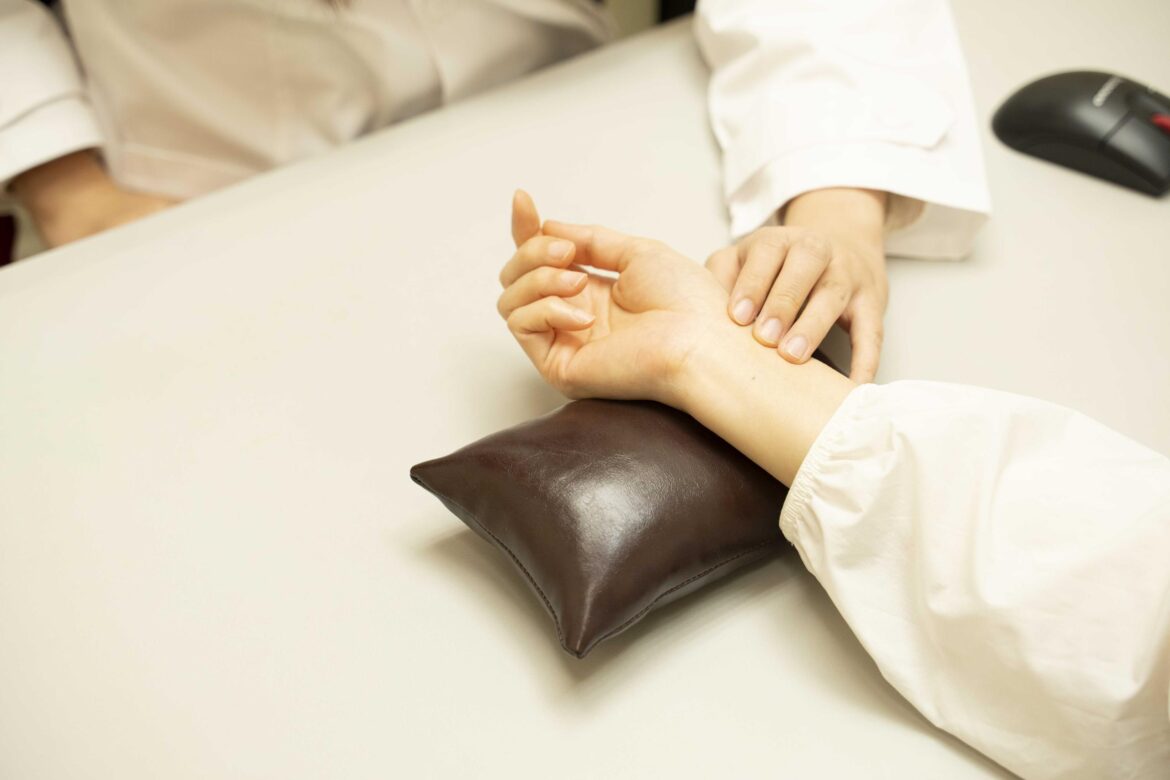In today’s fast-paced society, maintaining health has become more complex than ever. Stress, irregular routines, environmental pollution, and dietary habits can disrupt the body’s natural harmony, leading to fatigue, digestive problems, sleep disturbances, and emotional stress. Many individuals are now turning to traditional and holistic approaches to wellness, seeking solutions that not only treat symptoms but also restore the body’s internal balance. Hong Kong Chinese medicine provides a centuries-old framework to achieve this, combining philosophy, natural therapies, and personalized care to support long-term health and vitality.
A professional 香港中醫 emphasizes treating the individual as a whole. Unlike approaches that focus solely on isolated symptoms, Hong Kong Chinese medicine assesses lifestyle, emotional well-being, and environmental factors to create treatments that restore harmony, strengthen energy flow, and improve overall wellness.
Understanding the Philosophy of Chinese Medicine
Chinese medicine views the body as an interconnected system, where each organ, emotion, and environmental influence interacts. Rather than simply masking symptoms, practitioners aim to identify and correct imbalances, promoting health at its root.
Yin and Yang: Achieving Internal Harmony
Yin and Yang are fundamental forces representing balance within the body. Yin embodies rest, coolness, and nourishment, while Yang represents activity, warmth, and energy. Optimal health is maintained when these two forces are balanced. Disruptions may manifest as fatigue, digestive issues, sleep problems, or emotional instability. Hong Kong Chinese medicine treatments aim to restore equilibrium, allowing both physical and emotional well-being to flourish.
Qi: The Body’s Vital Energy
Qi, or life force energy, circulates throughout the body along meridians. Proper Qi flow is essential for maintaining health, while blockages or deficiencies can result in discomfort, illness, or emotional imbalances. Acupuncture, herbal medicine, and moxibustion are commonly used to regulate Qi, enhance circulation, and support the body’s natural healing abilities.
The Five Elements: Mapping Interconnections
The Five Elements—Wood, Fire, Earth, Metal, and Water—serve as a framework for understanding the relationship between organs, emotions, and environmental influences. Each element is linked to specific organs and emotional tendencies, allowing practitioners to identify patterns of imbalance and design tailored treatment strategies.
Key Therapies in Hong Kong Chinese Medicine
Hong Kong Chinese medicine utilizes a variety of therapies to restore balance, alleviate ailments, and promote overall wellness.
Acupuncture
Acupuncture involves inserting fine needles at precise points along the body’s meridians to stimulate energy flow. It is widely used for pain management, stress relief, sleep improvement, digestive support, reproductive health, and chronic conditions such as respiratory issues or fatigue. Acupuncture can also enhance immune function and mental clarity.
Herbal Medicine
Herbal medicine is a cornerstone of Chinese medicine. Practitioners prepare individualized formulas using natural ingredients like roots, seeds, leaves, and minerals. Herbal remedies support digestion, improve energy, boost immunity, balance hormones, and enhance emotional well-being, offering long-term benefits when used in conjunction with other therapies.
Tui Na Massage
Tui Na is a therapeutic massage technique that combines acupressure, stretching, and muscle manipulation. This method relieves tension, improves circulation, restores mobility, and balances energy flow. It also contributes to mental relaxation and stress reduction, making it a valuable component of holistic care.
Cupping Therapy
Cupping therapy uses suction to stimulate circulation, release muscle tension, and support the flow of Qi. It is particularly effective for fatigue, stiffness, respiratory issues, and stress management, providing both physical and emotional relief.
Moxibustion
Moxibustion applies heat from burning mugwort near acupuncture points to stimulate energy flow and circulation. This therapy is beneficial for cold or stagnant conditions and helps enhance overall vitality, strength, and resilience.
Personalized Assessment and Diagnosis
A key feature of Hong Kong Chinese medicine is its personalized approach. Practitioners carefully evaluate each patient to develop a treatment plan that addresses their unique needs.
Tongue and Pulse Analysis
Tongue examination reveals information about organ function, energy distribution, and potential imbalances. Pulse analysis assesses the rhythm, strength, and quality of Qi and blood flow, helping practitioners detect subtle issues before they manifest as visible symptoms.
Emotional and Lifestyle Evaluation
Chinese medicine recognizes the deep connection between emotions and physical health. For instance, anger may affect the liver, sadness the lungs, worry the spleen, joy the heart, and fear the kidneys. Lifestyle factors such as diet, sleep, work habits, and stress levels are also considered when creating a comprehensive treatment plan.
Pattern Differentiation
Patients with similar symptoms may have different underlying conditions. Pattern differentiation ensures that the treatment addresses the root cause rather than just the symptoms, improving both effectiveness and long-term outcomes.
Benefits of Hong Kong Chinese Medicine
Hong Kong Chinese medicine provides numerous benefits for those seeking holistic and preventive healthcare:
- Holistic Approach: Addresses the body, mind, and environment as interconnected systems.
- Natural Therapies: Supports the body’s self-healing abilities.
- Personalized Care: Tailored treatments for each individual’s unique constitution.
- Preventive Health: Encourages lifestyle habits that minimize the risk of future illness.
- Complementary Approach: Can work alongside modern medicine to enhance overall health outcomes.
Incorporating Chinese Medicine into Everyday Life
The principles of Chinese medicine can be applied in daily routines to maintain balance and support wellness:
- Consume seasonal, balanced, and nutrient-rich foods.
- Maintain regular sleep schedules to support energy and recovery.
- Practice gentle movement such as Tai Chi or Qi Gong to improve circulation and Qi flow.
- Engage in meditation, mindful breathing, or relaxation exercises to manage stress.
- Pay attention to bodily cues and adjust routines to maintain internal harmony.
Conclusion
Hong Kong Chinese medicine offers a holistic approach to health that blends traditional wisdom with contemporary wellness needs. Through acupuncture, herbal medicine, Tui Na massage, cupping, moxibustion, and personalized lifestyle guidance, individuals can restore balance, address underlying health concerns, and promote long-term physical and emotional well-being. With its emphasis on prevention, natural therapies, and tailored care, Hong Kong Chinese medicine continues to provide a sustainable and effective pathway to comprehensive health in modern urban life.
